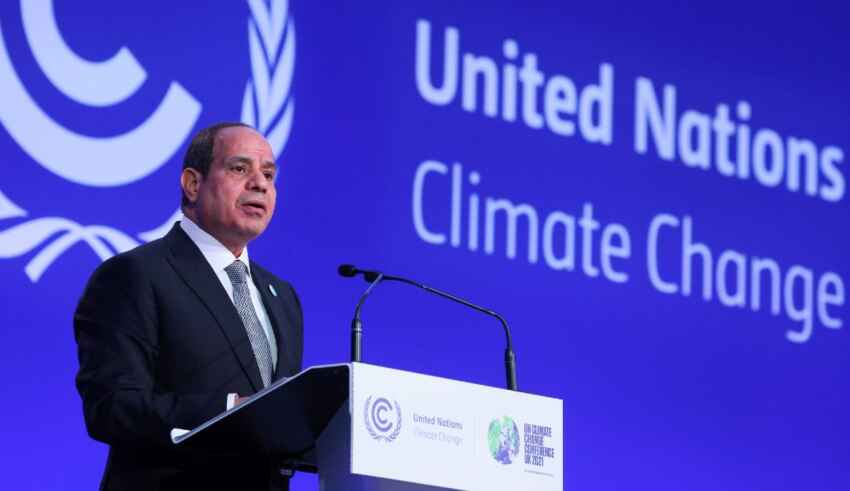
In the summer of 2022 climate crisis became more real than ever, with heat waves, droughts, and floods striking one after the other. Extreme heat all over the world led to wildfires and droughts, Hurricane Lan hit the US and the Caribbean with catastrophic force, while Pakistan experienced severe flooding following record-breaking monsoon rainfalls. Global warming has fueled environmental degradation and climate extremes and has heavily impacted food and water security, economic welfare, peace, and security. And all these just a few years after the Paris Agreement entered into force, aiming to limit global warming to well below 2, preferably to 1.5 degrees Celsius.
As a tipping point to the ongoing climate emergency is characterized by the experts the upcoming United Nations’ COP27 climate conference, hosted by Egypt at the end of this month. The UN Climate Change Conference is a two-week event, happening every year since 1995, where leaders, policymakers, and experts gather to discuss the climate crisis and make important decisions on a global level. All states that have signed the United Nations Framework Convention on Climate Change (UNFCCC), meaning every UN member state as well as Palestine, the Cook Islands, and Niue, participate in the Conference of the Parties. This year, COP27 is held in Sharm el-Sheikh, Egypt, from November 6 to 18.
The COP27 agenda is broad, as the topics range from energy, biodiversity, and agriculture to water, gender, and age. Finance and adaptation, cornerstones for climate progress according to the COD27 action agenda, will be at the center of discussions, while implementation is set as a high priority. This year’s climate conference has additional importance as it is the first COP held on the African continent since 2016 when COP22 took place in Morocco. The so-called ‘African COP’ is seen as an opportunity for the least-developed countries, which have contributed the least to climate change yet are the most affected, to lead the negotiations and center Africa’s situation.
Among the 90 world leaders that have already confirmed their attendance at the COP27 is US President Joe Biden, accompanied by John Kerry, his special climate envoy. Unlikely to attend is Russian President Vladimir Putin and China’s president, Xi Jinping, due to Russia’s war in Ukraine and the suspension of China-Us climate talks respectively. Questionable is also the attendance of the new UK Prime Minister, Rishi Sunak, whose decision not to attend, due to other domestic commencements is being under review after it was heavily criticized. In addition, King Charles III has cancelled his plans to attend the Conference, on the advice of Liz Truss, the former UK Prime Minister.
In addition to the numerous geopolitical issues that can risk the real aim of this Conference, namely to find solutions to the world’s most urgent environmental problems, there is a lot of criticism over Egypt’s ability to host such a critical climate summit. The concerns are related to the country’s environment and human rights record, as the Egyptian government has restricted the freedom of expression and peaceful assembly. Since 2013 when President Abdel Fattah el-Sisi’s government came into power, it has been accused of systematic abuse of human rights, including many killings of protesters, the prosecution of thousands of people in mass trials (according to estimates at least 65,000 political prisoners are in jails) and hundreds of death sentences. Many local environmental organizations, human rights groups, and activists, including White House advisers, have expressed fears not only about their ability to access the Conference but also about their safety, while other potential participants have questioned the effectiveness of the event. A few weeks before the summit, the international human rights group Human Rights Watch published a statement openly accusing the Egyptian government of obstructing local nongovernmental environmental groups from conducting independent work through harassment, arrests, and intimidation.
And while the Sisi government is engaging in a widespread crackdown on civil society, the moment when all voices and perspectives need to be heard as the action for climate change is a global emergency, Western democracies and powerful countries remain silent. It is yet to be seen whether the issue of human rights abuses will be brought up during COP27. However, how can we expect climate action when the oppression of human rights is still accepted or better to say praised?
By The European Institute for International Law and International Relations.















